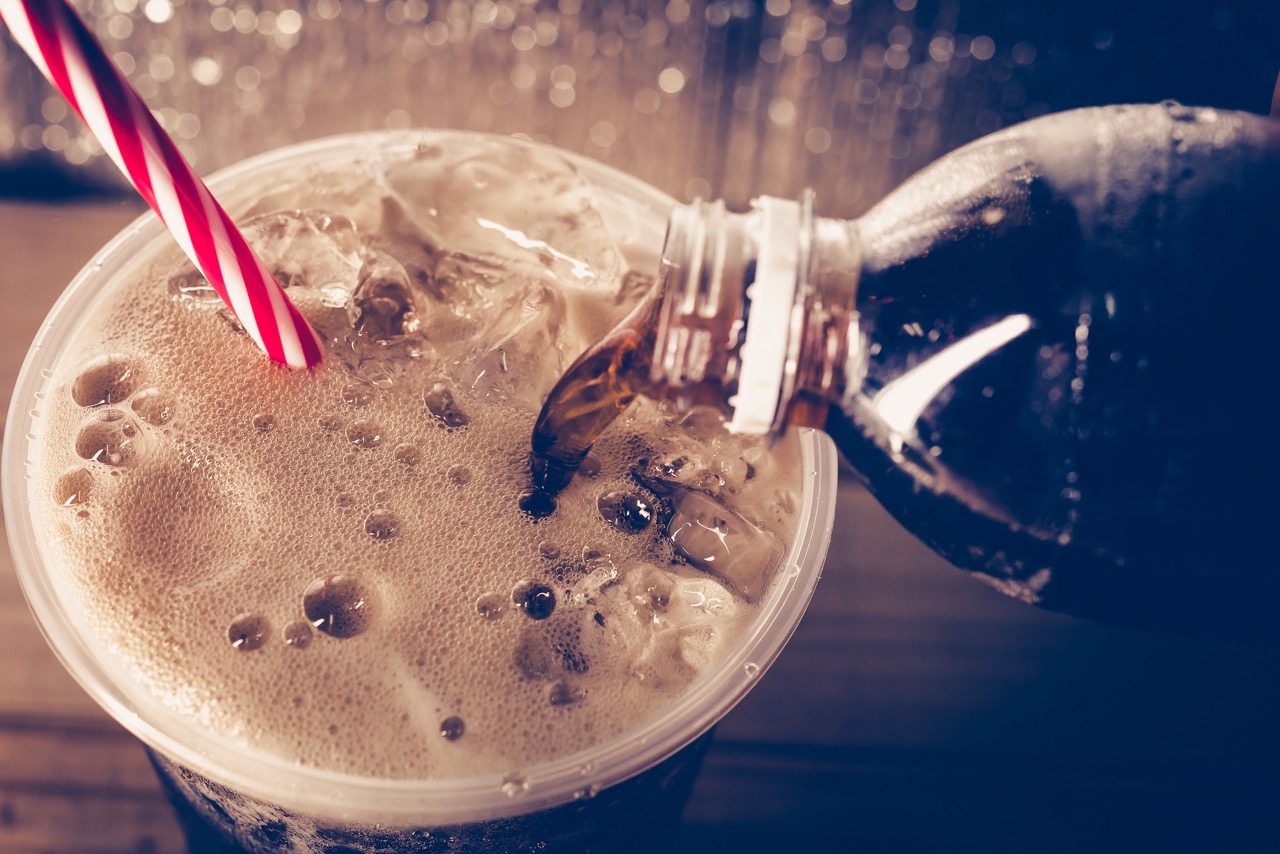Information Library
Start Reading

In 2016, Philadelphia became the first major city in the U.S. to tax soda. The 1.5 cents-per-ounce tax on sweetened beverages caused controversy at the time. It still isn’t popular with all consumers or retailers. However, research suggests it may help mitigate the harmful effects of soda on teeth for Philadelphia residents on Medicaid.
After the tax began, tooth decay fell 30% among younger children on Medicaid, according to a study in the American Journal of Preventive Medicine. Furthermore, decay fell 22% among older children and adults on Medicaid.
While the association of the beverage tax with reduced tooth decay isn’t seen in the general population, its presence among Philadelphia Medicaid patients “suggest[s] potential health benefits for low-income populations” who tend to drink more sugar-sweetened beverages. If consumers must pay a little more for soda, they may choose to drink less. This decision can contribute to the drop in tooth decay.
The risks soda inherently poses to teeth and gums don’t change with a person’s income—although inequities in oral healthcare access can make the inherent risks worse. The high sugar content and acid levels in carbonated soda, as well as in other sugary drinks, can wreak havoc in anyone’s mouth.
Keep reading for expert information about the effects of soda on teeth and gums, as well as for ways to protect your oral health against the dangers.
Why is soda bad for your teeth? The short answer: sugar and acid.
Soda is packed with added sugars. These sugars feed harmful bacteria in our mouths. This bacteria then produces acids that attack our teeth’s protective layer of enamel, leading to cavities and tooth decay.
Patients sometimes ask, “Is diet soda bad for your teeth?” or “What if I only drink sugar-free colas?” These sodas may have fewer added sugars, but, like all sodas, they are highly acidic. Sodas commonly contain citric acid and phosphoric acid to give them tangy flavors.
In addition, the carbonation process itself forms carbonic acid that lowers the soda’s pH level, making the beverage more acidic. All these acids can erode enamel over time, leaving teeth vulnerable to sensitivity, decay, and even tooth loss.
 How individuals consume soda can also increase this dental danger. People often drink soda over an extended period, allowing its sugar and acids to bathe our teeth for longer durations. Sipping on soda throughout the day leaves little time for our saliva to neutralize and wash away these harmful substances.
How individuals consume soda can also increase this dental danger. People often drink soda over an extended period, allowing its sugar and acids to bathe our teeth for longer durations. Sipping on soda throughout the day leaves little time for our saliva to neutralize and wash away these harmful substances.
Soda’s adverse effects aren’t limited to rotten teeth from sugar and acid, either. The harmful oral bacteria soda promotes can also lead to gum inflammation and gingivitis. The acidity of soda can irritate and damage the delicate gum tissue, increasing the likelihood of gum disease. These conditions can cause discomfort and, if left untreated, result in even more serious oral health issues.

Drinking less soda brings a host of health benefits because soda contributes to weight gain, obesity, and such related health issues as diabetes and heart disease. Strong, healthy teeth and gums are also major components of overall well-being.
Every sip of soda exposes our teeth to the risk of enamel erosion and structural damage. To minimize this risk, limit your intake of soda and other carbonated drinks. Choosing healthier drinks, especially fluoridated water, will significantly reduce your teeth’s exposure to acids.
If you’re not cutting cola out of your diet completely, remember that moderation is key. After you drink soda or other acidic, sugary beverages—fruit juices, for instance, or sports and energy drinks—drink or at least rinse your mouth with water as soon as possible. The water will help wash away sugary residue on your teeth and neutralize the acid in the mouth.
Additionally, drinking soda through a straw can minimize its direct contact with your enamel, reducing the risk of erosion. Position the straw toward the back of your mouth, however, and aim to finish your drink quickly. Nursing a soda will counteract any advantage the straw gives.
Most importantly, keep up a good oral hygiene routine to combat the effects of soda on teeth and gums. Brush twice a day, for two minutes at a time, with a soft-bristled toothbrush and fluoride toothpaste. Doing so removes harmful bacteria and helps remineralize enamel.
Do wait at least 20 minutes after drinking soda to brush your teeth. Brushing too soon afterward, while your enamel is most vulnerable, can cause more damage.
You may also want to use a desensitizing toothpaste or mouthwash to alleviate any sensitivity erosion is causing.

Finally, stick with a schedule of regular dental appointments. Penn Dental Medicine (PDM) offers patients in and around Philadelphia expert, compassionate, and affordable care. The sooner our student dentists know about any problems soda is causing your teeth, the sooner they can help you restore your oral health.
Schedule your next or your first appointment at PDM online now or call us at 215-898-8965.